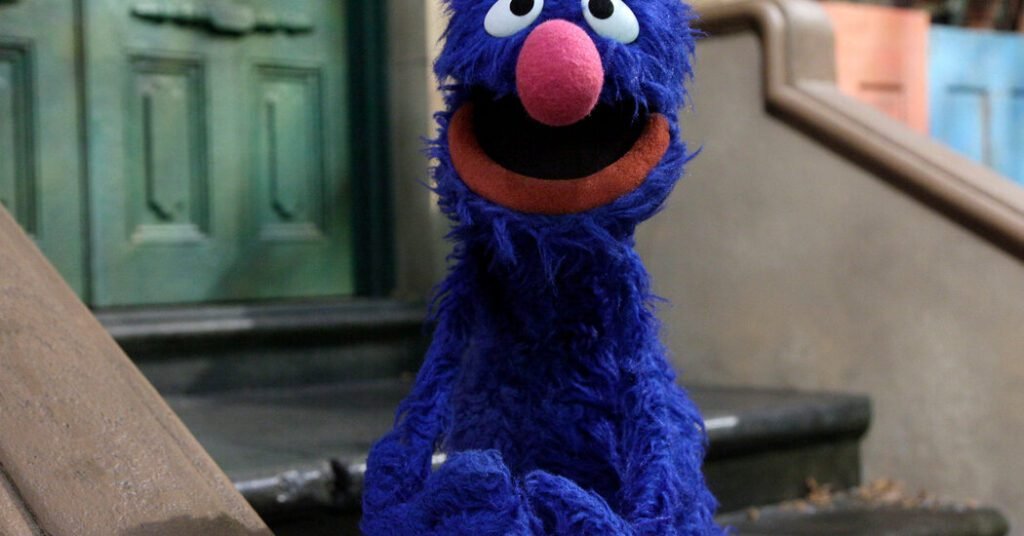Grover, the furry blue Muppet from “Sesame Street,” is known for his many jobs over the years, including astronaut and dentist. Now it seems he’s a journalist.
“As a news reporter, I always do my research before breaking a story,” he wrote Monday X. “I am sure to report that you are so special and amazing!”
Some fellow journalists welcomed him into the profession, albeit with some ribbing about the credibility of his reporting and his professionalism. “What are your sources,” wrote Danielle Kurtzleben, a reporter for National Public Radio, who published a separate story about Grover’s foray into journalism.
Others predicted his career would be short, given the dire state of the news industry, which has been hit by relentless rounds of layoffs and closures in recent months while also battling reader fatigue.
“I’m sorry to report that a hedge fund has since bought Grover’s paper and fired him,” wrote SP Sullivan, a reporter at NJ.com.
“Unfortunately, Grover was fired for not hitting his three-story-a-day limit,” said Slate writer Scott Nover.
Grover’s officials at Sesame Workshop, the nonprofit behind “Sesame Street,” did not immediately respond to questions about his employment status. But with his experience and hustle (he’s offered his services as a “professionally trained referee” to ESPN host Stephen A. Smith and his self-portrait at the Metropolitan Museum of Art), he may find it easier than most to transition to different industry if needed.
Grover, who is willing to help, if sometimes incompetent, maybe just wanted to cheer people up with his post. But it unwittingly shone a spotlight on the heightened insecurity journalists have felt in recent months, even in an industry struggling to survive in the digital age.
Since October, Bloomberg, the Washington Post, the Los Angeles Times and the Wall Street Journal have shed jobs — sometimes in the hundreds. Messenger, a lavishly funded online news agency with offices in Washington, D.C., announced last month that it was shutting down after less than a year in business.
The dark-humored reporters who addressed Grover reflected their own feelings about their “doomed industry,” said Cam Wilson, a reporter for the Australian news outlet Cricey who commented to X about the Muppets’ new work.
“I feel so sad about the state of journalism that it drives me to crush the dreams of a Muppet character (and the poor social media executive who runs it),” he said in an interview given via direct messages on the platform.
It’s also unclear whether Kermit the Frog, Grover’s friend who has worked as a reporter on “Sesame Street,” has been able to cope with the ups and downs of the changing industry.
From the 1970s to the 1990s, Kermit conducted live interviews and filed Sesame Street News Flash reports on events such as the fall of Humpty Dumpty. He hasn’t filed a story in years, though he was still calling himself a “part-time reporter” at X as recently as 2016.
Two weeks ago, when Grover’s friend Elmo also received a barrage of sickeningly humorous—and just plain dark—responses when he asked the innocuous question, “How’s everyone doing today?” Commenters told the furry monster they were fired, worried about the 2024 election, or that their dog had rolled in goose poop.
Why were people so willing to involve these characters in their own worries and misfortunes? Mr. Wilson, the reporter, has a theory.
“I think people who tweet from children’s show characters see a little naivety about the world from when they were younger reflected back at themselves and they don’t like it,” he said. “In that category I include myself.”

